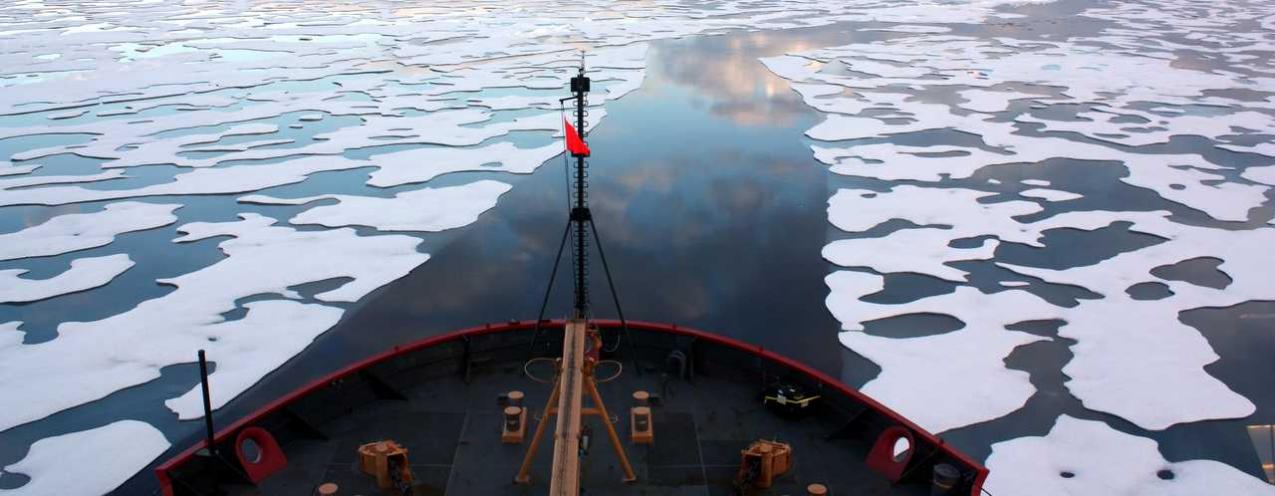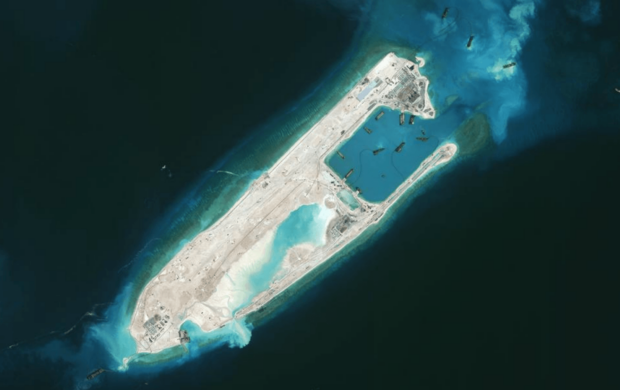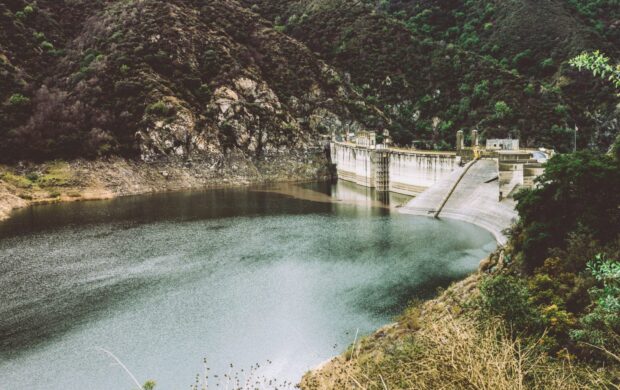The ‘Arctic Five’ coastal states – Canada, Denmark, Norway, Russia and the United States – have agreed to put a temporary prohibition on commercial fishing in international waters around the Arctic region, until the completion of a full scientific assessment of fish stocks and how they can be sustainably harvested.

Signed in July by ambassadorial representatives in Oslo, the accord marks a united response to a potential crisis in fish stocks, as melting sea ice opens up new opportunities for commercial fishing. This is the result of a rise in sea temperature in the Arctic – this year reaching the highest levels since records began 135 years ago – which concurrently affects the migration patterns of fish stocks, drawing them further north than usual.
The US opened negotiations on the fishing accord six years ago, concluding that while there is no significant fishing currently taking place in this region of the northern-most ocean, the polar ice cap is melting at such a fast rate that once improbable ideas for commercial activities, including fishing near the North Pole, are quickly becoming realistic.
The protected region covers a Texas-sized area of international water that lies 200-miles (320-kilometres) beyond the exclusive economic zones of the coastal countries.
Image caption: Ice melting on the Beaufort Sea
Image credit: NASA Goddard Space Flight Center / Flickr









